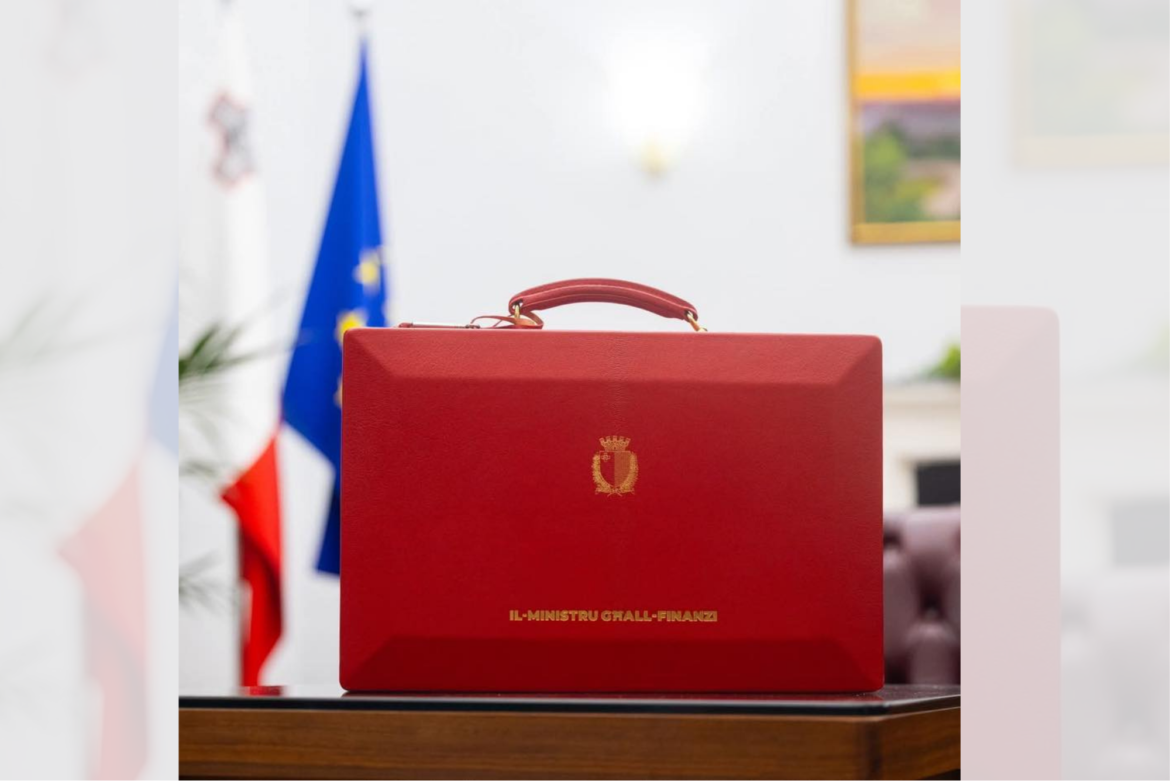Malta’s 2026 Budget was proudly described as “the greatest ever.” It delivers tax cuts, higher stipends, family bonuses, increased allowances, and generous grants – a little something for everyone. But behind the feel-good headlines lies a more serious question: is this responsible governance, or just well-timed populism? At its core, this budget captures a dilemma all democracies face: the struggle to balance what is popular with what is responsible.
Democracy’s Dilemma: Popularity vs Responsibility
In a democracy, politicians are rewarded for pleasing the public, not necessarily for managing resources wisely. When elections loom, the temptation grows to turn budgets into campaign tools, using generosity to secure loyalty. But efficiency demands restraint. It means prioritising long-term outcomes over short-term applause. It means making decisions that may be unpopular today but necessary tomorrow. Budget 2026 walks that fine line and in many ways, it leans toward the popular rather than the efficient.
In Numbers
There’s no denying the appeal of the measures announced. Families and married couples benefit from sweeping tax cuts, with no tax on the first €30,000 if you have two children. Students see a 15% increase in stipends, even more if Gozitan. Free gym memberships expand, and young homeowners receive extra support. Businesses gain from tax credits and government help to cover wage increases. Meanwhile, pensioners get another rise, and cost-of-living adjustments (COLA) remain guaranteed.
Both the debt and deficit ratios are expected to continue falling (debt 47% and deficit below 3%), though the actual figures will still rise in absolute terms.
Is this feasible? The Maltese Government certainly believes so. Its rather Keynesian approach aims to stimulate growth, with GDP projected to reach €30 billion by 2028. The expected rise in disposable income – combined with higher consumption, tourism, and population growth – is anticipated to offset much of the revenue shortfall through VAT. In fact, tax revenues are forecast to climb from the current €7.3 billion to nearly €9 billion by 2028, covering the increase in expenditure.
At face value, it all sounds like good news, and much of it is. Tax relief, lower deficit ratios, and recognition for youth entrepreneurship through JA companies are steps in the right direction. But the scale and timing of these measures matter. When generosity peaks just before an election, it stops being responsible policy and starts becoming politics.
What’s Missing
For all its spending and relief, the 2026 Budget fails to confront the challenges that define Malta’s long-term sustainability – from the public sector and rising labour dependency to transport inefficiency and weak procurement reform. Without addressing these structural weaknesses, even the most generous budget cannot create lasting progress. This was, unmistakably, an election-year budget. And when popular appeal starts shaping economic policy, democracy risks trading responsibility for convenience.
The Price of Popularity
Populism is seductive because it feels democratic. It gives people what they want. But it quietly undermines the principles that make democracy sustainable. When governments prioritise short-term popularity over efficiency, they create dependency. Citizens begin to expect handouts instead of opportunity. Budgets become tools of reward rather than instruments of reform. The 2026 Budget, for all its successes, deepens that pattern. Every bonus, every subsidy, every promise chips away at fiscal discipline and pushes the hard reforms further down the road.
Balancing Democracy and Efficiency
Democracy and efficiency are not opposites, but they must be balanced. A democracy without efficiency breeds populism and waste; efficiency without democracy breeds technocracy and disconnect. Democracy is the cornerstone of a liberal society. But without discipline, it risks turning inward and self-destructive.
The goal should be a disciplined democracy. One that listens to the people but governs for the long term. A system where fiscal responsibility and personal freedom go hand in hand. The real test of governance is not how much a government gives, but how wisely it manages what it has.
Malta’s 2026 Budget offers immediate relief and optimism – but also a reminder of how fragile efficiency becomes when politics turns into a popularity contest. To safeguard both liberty and prosperity, Malta must find the courage to balance democracy with efficiency, where leadership means serving the future, not buying the present.
This piece solely expresses the opinion of the author and not necessarily the magazine as a whole. SpeakFreely is committed to facilitating a broad dialogue for liberty, representing a variety of opinions. Support freedom and independent journalism by donating today.
